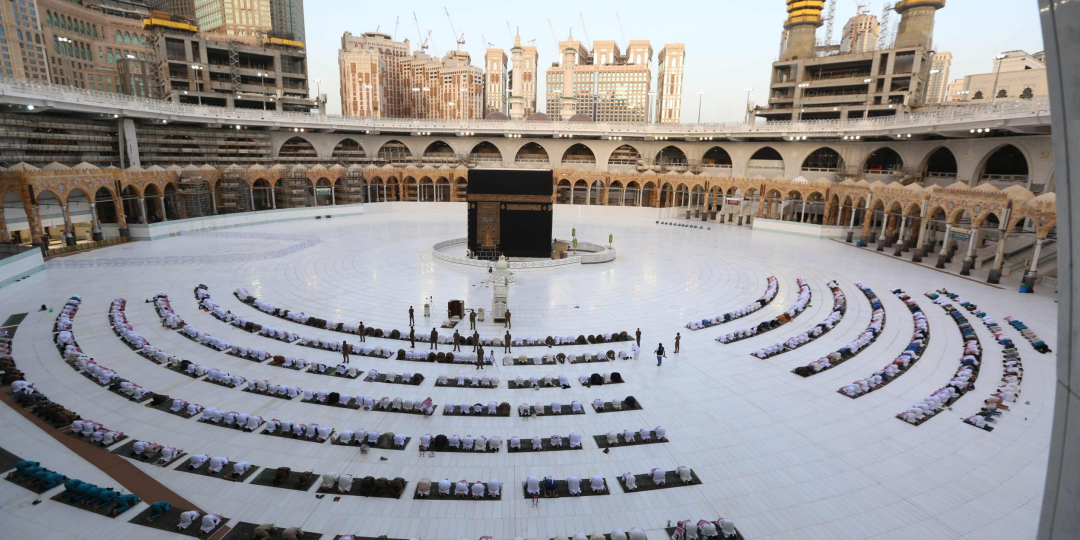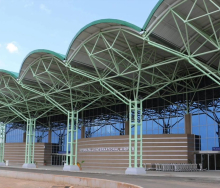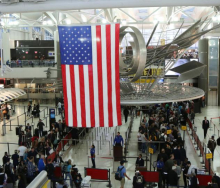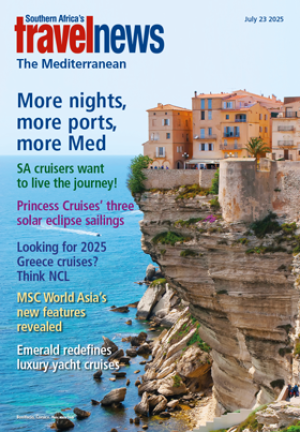A new directive from Saudi Arabia’s Ministry of Hajj and Umrah will change the way South African pilgrims travel for Hajj from 2026, by removing Hajj-accredited travel agencies and tour operators from the process.
On July 15, the South African Hajj and Umrah Council (SAHUC) announced that it would implement a new framework for Hajj 2026 that aimed to centralise and streamline all travel bookings.
“While the full implementation of these directives will commence in 2026, they will have a significant impact on how Hajj is organised for South African pilgrims going forward,” SAHUC said in a statement.
The Ministry’s new approach will exclude the traditional model of utilising licensed tour operators for the facilitation of Hajj. Instead, all contracts for services provided in Saudi Arabia, including accommodation, ground transfers, catering and transport, will be signed directly between SAHUC and service providers.
“SAHUC recognises that this shift marks a major departure from the traditional model of Hajj facilitation in South Africa. The new framework necessitates a comprehensive reorganisation of SAHUC's operational structures, governance, and infrastructure to meet these new demands,” said the statement.
From association to operator
According to Sedick Steenkamp, Director of Al Safir Tourism and Chairman of the South African Muslim Travel Operators Association, this marks a significant change from SAHUC’s current role as an association that implements Hajj accreditation and pilgrim quotas to one of a travel logistics service provider.
“SAHUC, right now, is purely an association and does not have the experience and skills, like the dedicated travel operators, to be able to organise and service complex Hajj pilgrimage itineraries.”
According to Steenkamp, a basic Hajj package includes accommodation in Jeddah, Mecca and Medina, ground transfers and transportation between the cities, the Hajj pilgrimage tours and catering. This was previously combined with common area maintenance costs, Tanazul (transportation) tax and ministry associated costs, negotiated by SAHUC.
As a part of its transition to operator, SAHUC has invited travel agencies to submit business proposals that outline how they can support SAHUC under the new rules, without independent branding or buying power. SAHUC will then employ or insource operators to make these travel arrangements under its name.
“This has brought up a lot of questions for operators about what type of proposals they can compile and what support they can offer. If all supplier contracts must be signed by SAHUC for accommodation, transfers, catering and Hajj pilgrims, all agencies actually can offer thereafter are fares,” said Steenkamp.
SAHUC has committed to expanding its internal capacity and resources, and engaging with stakeholders to facilitate a smooth and structured implementation.
“As we move through this period of transition, please rest assured that SAHUC is committed to exploring every possible avenue to ensure that this process is as smooth and seamless as possible,” said SAHUC.















